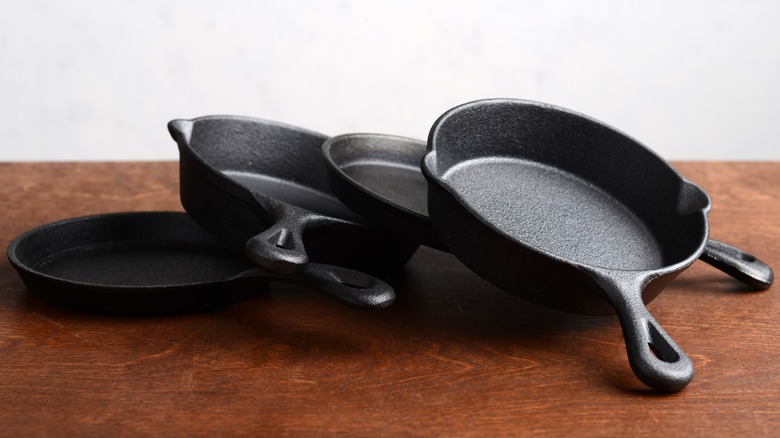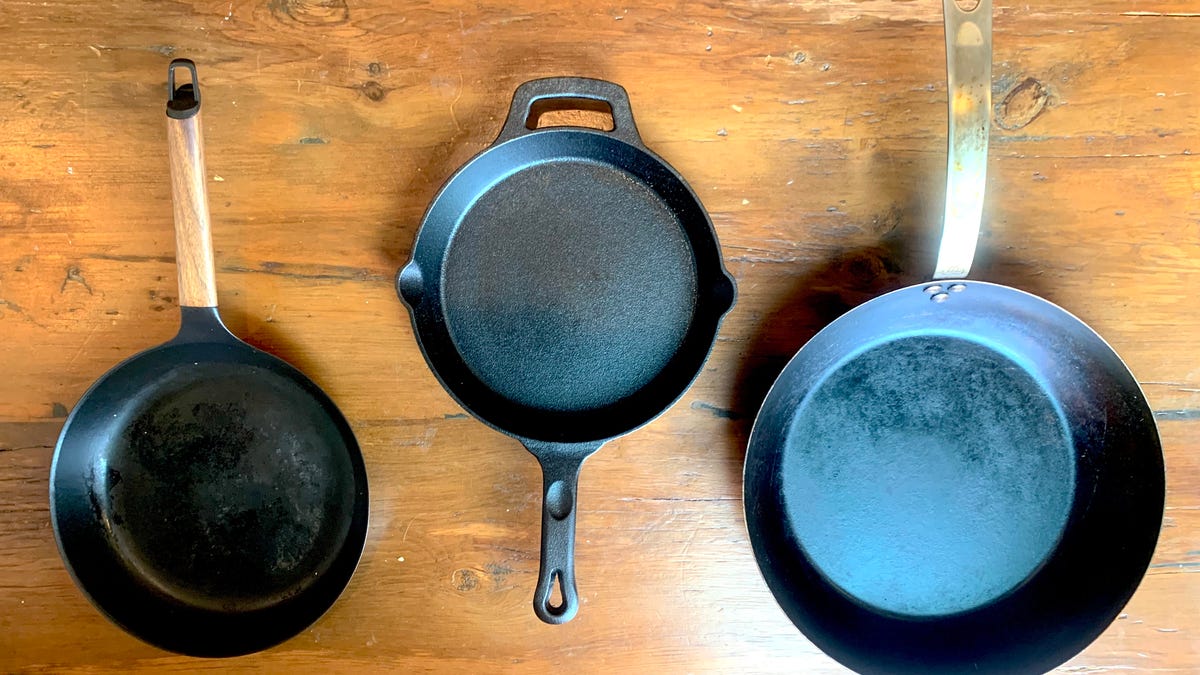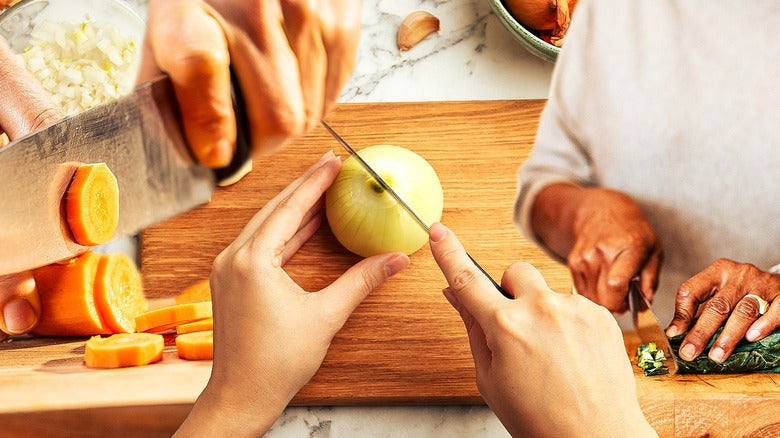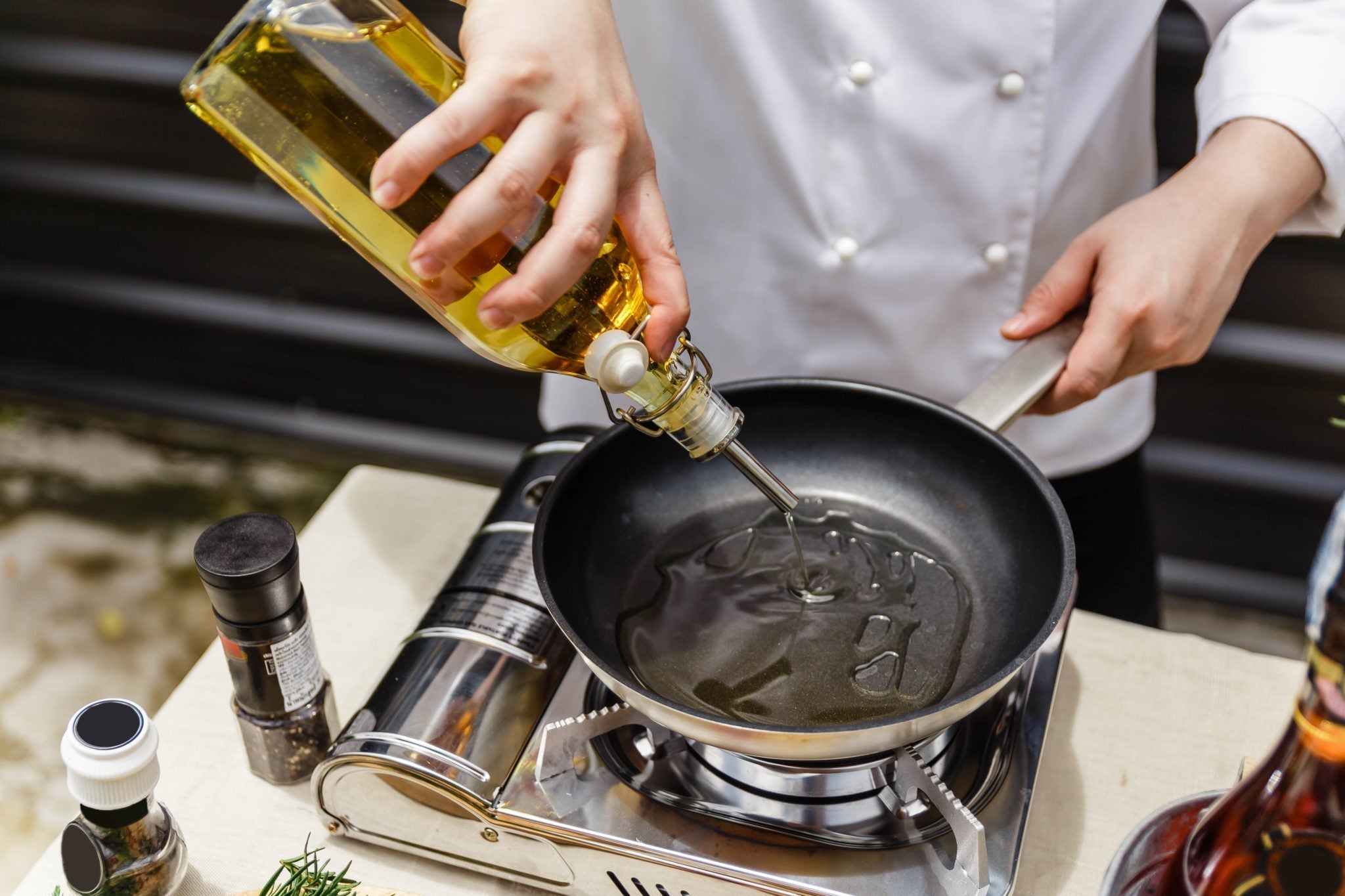When it comes to kitchen tools, few can rival the versatility and longevity of a black iron skillet. However, cleaning them properly is crucial to maintain their performance and lifespan. In this article, we will delve into how to clean black iron skillet effectively, covering everything from daily maintenance to deep cleaning techniques.
As a kitchen professional, you know that a well-cared-for black iron skillet can be the secret to perfecting any dish. With proper cleaning techniques, you can ensure your skillet remains a reliable companion in your culinary endeavors.

The Importance of Cleaning Your Iron Skillet
A cast iron skillet is not just any cookware; it is a culinary investment that can last for generations. Yet, failing to maintain it properly can lead to rust, unpleasant odors, and unwanted flavors transferring to your dishes. Learning how to clean black iron skillet is essential to preserving its seasoned surface and to enjoying consistently excellent cooking results.
Daily Cleaning Techniques
For kitchen professionals, daily cleaning is paramount. After using your skillet, follow these simple steps:
- Let it Cool: Always allow your skillet to cool down slightly after cooking. Avoid drastic temperature changes that could crack the iron.
- Scrape the Surface: Use a spatula or a scraper to remove food particles while the pan is still warm.
- Rinse with Water: Rinse the skillet under warm water. Avoid using soap, as it can strip the seasoning.
- Use a Brush: For stubborn residue, use a stiff brush or a non-abrasive sponge.
- Dry Properly: Dry the skillet completely on low heat to prevent rust.
- Season Lightly: Apply a thin layer of oil to maintain the seasoning, ensuring it remains non-stick.
These steps will help you keep your skillet in pristine condition and ready for your next culinary creation. For more on maintaining your skillet, check out this guide.
Deep Cleaning When Necessary
Although daily maintenance will keep your skillet in good shape, there are times when deep cleaning is necessary. If your skillet has developed sticky residue, rust spots, or smells bad, follow these steps:
- Soak in Water: Start with a mixture of water and a bit of vinegar. Soak for up to 30 minutes to loosen any debris.
- Scrub the Surface: Use steel wool for rust spots or stubborn gunk. This may remove some of the seasoning, but it's okay for a deep clean.
- Rinse Thoroughly: Make sure to rinse all residues and dry it immediately to prevent rust.
- Re-season the Skillet: After deep cleaning, you will need to re-season your skillet by applying oil and heating it up for an hour.
Deep cleaning your skillet might seem daunting, but it is a manageable task that pays off in the long run. For tips on re-seasoning, refer to this article.
Avoiding Common Mistakes
While cleaning a black iron skillet, avoid these common pitfalls:
- Using Soap: As mentioned earlier, soap can strip the seasoning. Its best to stick with hot water.
- Not Drying Properly: Leaving moisture can lead to rust.
- Ignoring Rust: If you spot rust, address it immediately with steel wool and re-season afterward.
By avoiding these mistakes, you will prolong the lifespan of your skillet and enhance its cooking performance.
Storing Your Black Iron Skillet
How you store your skillet can also affect its lifespan. Consider these tips:
- Keep it Dry: Store in a dry place, ideally with a paper towel between the pan and the lid to absorb moisture.
- Regular Checks: Periodically check your skillet for any signs of rust or wear.
- Hang It Up: For both aesthetics and accessibility, consider hanging your skillet on the wall. This can also prevent scratches.
To learn more about how to hang your cast iron skillet, take a look at this guide.

Frequently Asked Questions
1. Can I use soap to clean my black iron skillet?
Its best to avoid soap, as it can strip the seasoning. Rinse with hot water instead.
2. How often should I re-season my skillet?
Re-season your skillet as needed. If you notice food sticking or a dull appearance, its time to re-season.
3. Is rust on my skillet dangerous?
While rust is not safe to consume, it is easily removable. Scrub it off and re-season your skillet afterward.
As an Amazon Associate, I earn from qualifying purchases.






Leave a comment
This site is protected by hCaptcha and the hCaptcha Privacy Policy and Terms of Service apply.